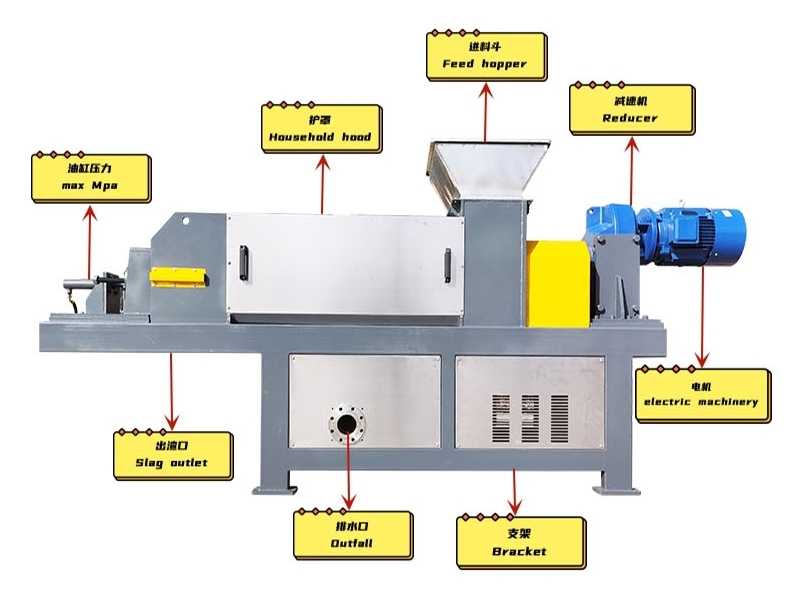
Introduction:
In recent years, the hemp industry has experienced a significant resurgence, driven by the growing recognition of hemp's versatile applications. From textiles to CBD production, the demand for hemp-derived products has surged, leading to increased interest in efficient hemp processing machinery. This article explores the role of hemp processing machinery in revolutionizing the hemp industry.
Harvesting:
The first step in hemp processing begins with harvesting the hemp plants. Modern hemp harvesting machinery has streamlined this process, allowing for efficient and cost-effective collection of hemp crops. Innovations such as combine harvesters designed specifically for hemp ensure a quick and uniform harvest, minimizing labor requirements.
Decortication:
Once harvested, hemp undergoes a process called decortication, where the outer fibers (bast fibers) are separated from the inner woody core (hurd). Advanced decortication machinery plays a crucial role in achieving this separation with precision. These machines enhance the overall efficiency of the hemp processing chain by automating a traditionally labor-intensive task.
Fiber Processing:
The separated bast fibers are then processed to create a wide range of products, including textiles, rope, and paper. Specialized hemp fiber processing machinery ensures that the fibers are cleaned, carded, and spun into high-quality materials. This not only accelerates production but also maintains the integrity of the hemp fibers for various applications.
CBD Extraction:
With the growing popularity of CBD products, hemp processing machinery has evolved to accommodate the extraction of cannabidiol from the hemp plant. Extraction methods such as CO2 extraction or ethanol extraction are facilitated by sophisticated machinery designed to maximize CBD yield while adhering to quality standards. This step is crucial for the pharmaceutical and wellness industries, where CBD is widely used.
Seed Processing:
Hemp seeds are a valuable byproduct of hemp processing, rich in nutrients and widely used in food products. Seed processing machinery efficiently cleans, separates, and packages hemp seeds for distribution. This ensures that the nutritional benefits of hemp seeds are preserved and made available to consumers in various forms.
Conclusion:
The integration of advanced hemp processing machinery has undoubtedly transformed the hemp industry, making it more accessible and economically viable. From the fields to the final product, each stage of hemp processing has seen improvements in efficiency and quality, contributing to the overall growth of the hemp market. As technology continues to advance, we can expect further innovations in hemp processing machinery, further propelling the hemp industry into new realms of possibility.




If your company wants to establish a business relationship with us, please briefly describe the cooperation intention and send an email to:chuantaiscrewpress@gmail.com























































































![[list:title]](/static/upload/image/20240528/1716877114510915.jpg)